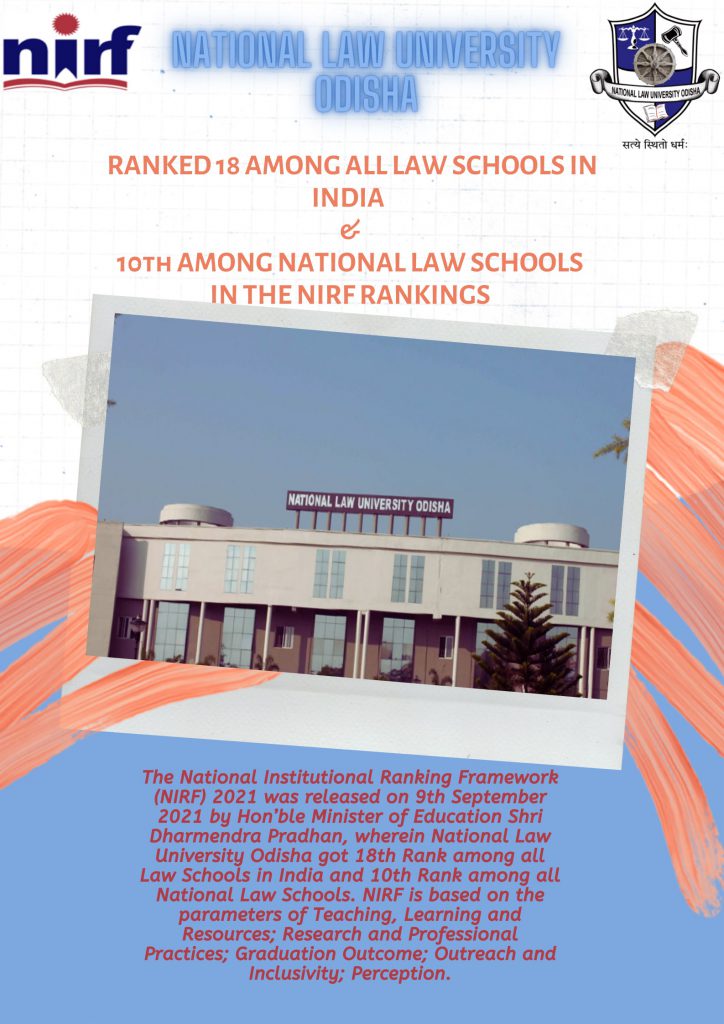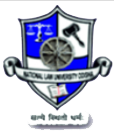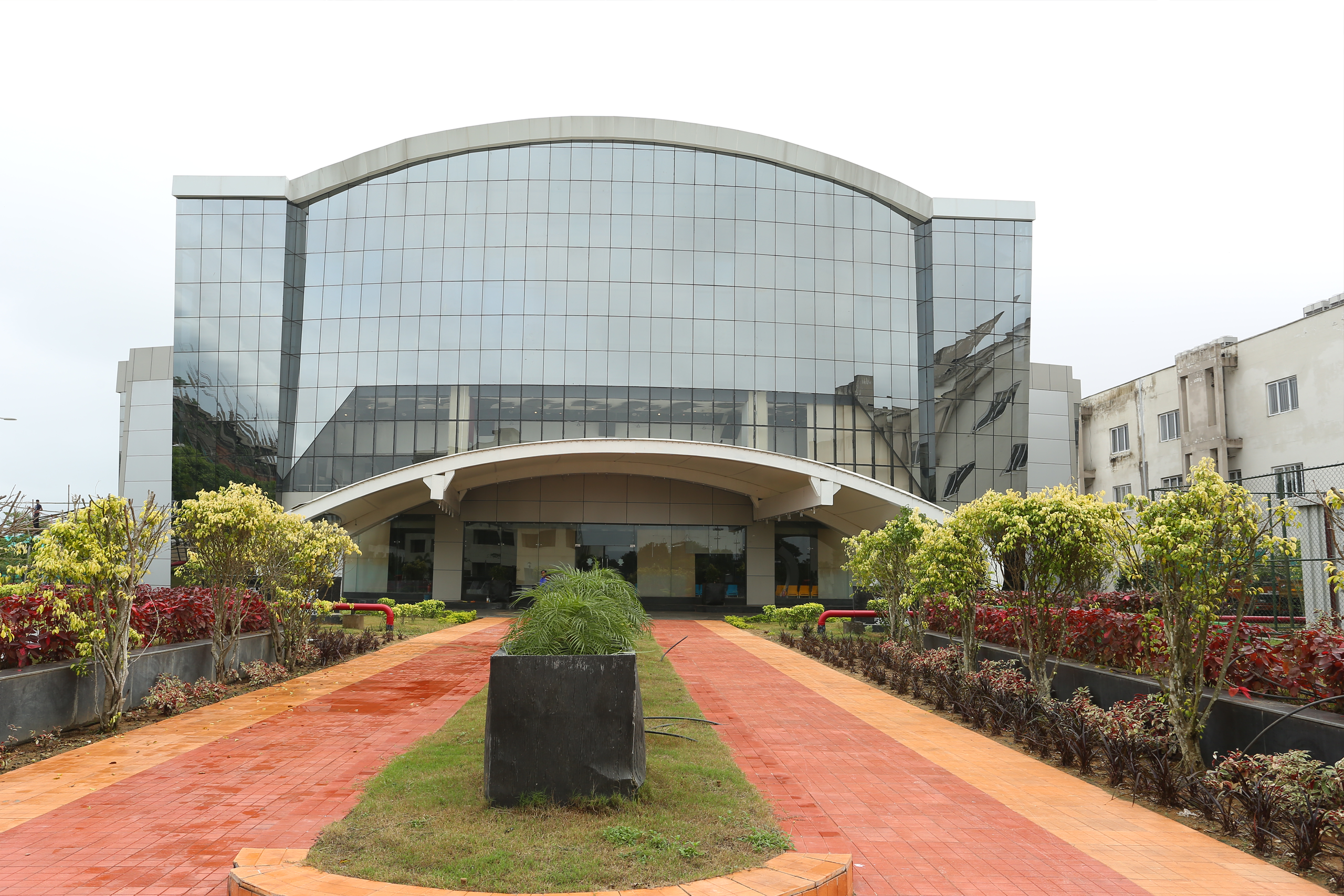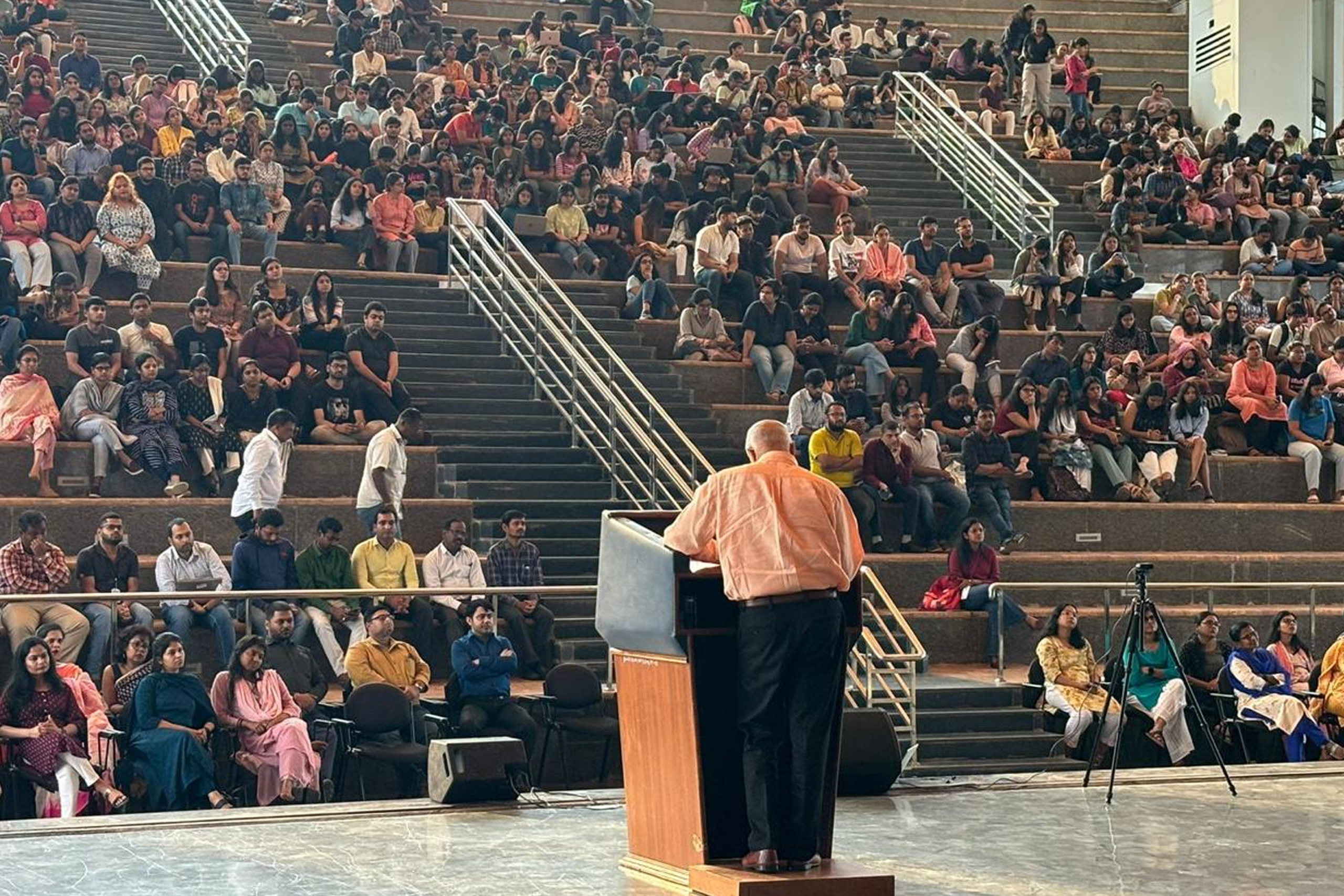News Category: News
“NLUO invites sealed quotations from the CAG empanelled Chartered Accountant Firms for appointment of the internal auditor for audit of the FY 2019-20, 2020-21 & 2021-22.”
18 Oct 2021
No content available
“Quotation Call Notice for AMC of Water Purifiers.”
12 Oct 2021
No content available
“Call for Papers: NLUO Law Journal – Volume IX Issue I.”
04 Oct 2021
No content available
“A Two-Day Workshop on Consumer Disputes Resolution through Mediation.”
01 Oct 2021
A Two-Day Workshop on Consumer Disputes Resolution through Mediation was organized by Centre for Consumer Law, National Law University Odisha on 27-28 September 2021. Shri Ranendra Pratap Swain, Hon’ble Cabinet Minister, Department of FS&CW, Government of Odisha graced the occasion as the Chief Guest. Hon’ble Justice Gita Mittal, Former Chief Justice of the Jammu & Kashmir High Court was the Keynote Speaker for the event.
The event was conducted online on the platform of Google Meet, from 10 am to 4:30 pm on both the days.
The workshop had nine technical sessions which were chaired by many luminaries and experts in the field of consumer law as well as mediation, which included –
- Hon’ble (Dr). Justice D.P. Choudhury, President, Odisha State Consumer Disputes Redressal Commission.
- (Dr.) Yogesh Pratap Singh, Registrar and Professor of Law, NLUO.
- Bejon Mishra, Honorary Professor, NLUO.
- Suresh Misra, Chair Professor, Centre for Consumer Studies, Indian Institute of Public Administration.
- (Dr.) Ashok Patil, Chair Professor, Chair of Consumer Law and Practice (Ministry of Consumer Affairs, Government of India).
- J. P. Sengh, Senior Advocate, High Court of Delhi.
- Veena Ralli, Organising Secretary, Samadhan, Delhi High Court Mediation and Conciliation Centre.
- Aditya Prakash Rao, Partner, PLR Chambers.
- Avinash Amarnath, Advocate-on-Record, Supreme Court of India.
The experts enlightened the audience on many aspects of consumer law and the importance of mediation in the field of consumer dispute resolution. They also engaged with the participants to help clarify their doubts and concepts.
The session witnessed participation from a diversity of people which included lawyers, advocates, consumer rights activists, officers from SICA and the FS&CW department of the Odisha Government, teachers, students etc.
Participants put forth their suggestions for the development of the consumers as well as Consumer Commissions of the State. They actively participated and discussed their ideas and thoughts for the same cause.
The event ended on a good note with appreciations from speakers and participants alike. It was indeed a knowledgeable and enlightening workshop.
“Call for Blog Entries for CPAJ Newsletter Edition III (January 2022) – Centre for Poverty and Access to Justice.”
30 Sep 2021
No content available
NIT for Maintenance & Allied Landscaping work at NLUO
24 Sep 2021
No content available
Providing Counseling & Mental Wellness Service to NLUO Cuttack.
13 Sep 2021
No content available
Providing Housekeeping Service to NLUO Cuttack.
13 Sep 2021
No content available
Comprehensive Annual Maintenance Contract for LG make VRF type Air Conditioning system, Installed at NLUO Campus.
13 Sep 2021
No content available
“National Law University Odisha got 18th Rank among all Law Schools in India”
11 Sep 2021
?ational Institutional Ranking Framework
Ministry of Education, Government of India
Declared
National Law University Odisha
18th Rank among all Law Schools in India
India Rankings 2021 was released on 9th September 2021 by Hon’ble Minister of Education Shri Dharmendra Pradhan. In this ranking, National Law University Odisha got 18th Rank among all Law Schools in India. NIRF is based on the parameters of Teaching, Learning and Resources; Research and Professional Practices; Graduation Outcome; Outreach and Inclusivity; Perception.??







